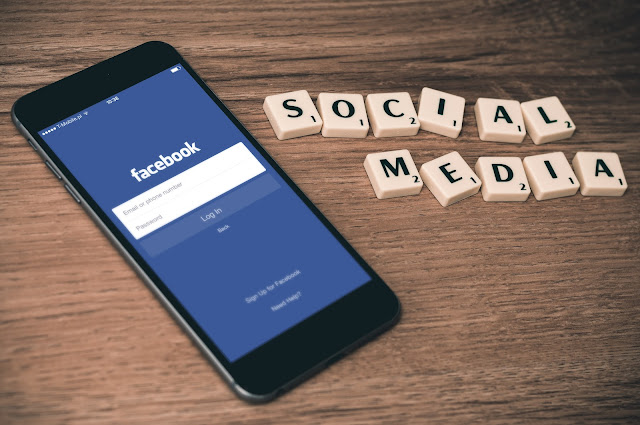Best benefits of social media marketing for your business
Social media marketing for your business
1: The need to operate social media in business
In recent years, I feel that there are quite a lot of companies who are trying to use social media for the time being due to the trend of the times, the cost of getting started, and the ease of use.
Every business has a purpose and a strategy. First of all, let's stop and think about whether we really need to operate social media.
1-1: What is social media in the first place?
Social media is media designed to spread through social interaction, using pervasive information dissemination technology in which everyone can participate.
As a definition, I think that the above Wikipedia is sufficiently easy to understand and captures the essence.
If you want to redefine it a little more broadly from a business perspective,
Increase your conversion rate by promoting your product, service or creative work. Raise brand awareness and satisfy customers.
The difference between conventional advertising and publicity activities is that it is a place for “two-way” communication. And now consumers are using social media as much as a “search tool ” than Google search. What is Search Tool? Having this awareness is the first step in managing social media.
1-2. Why is it necessary? Marketing History and Social Media Marketing in 2022
Social media has certainly spread rapidly with the development of the Internet.
But why should you use it in your business?
This is in a nutshell! It's hard to say (it's that deep), so this time, I'll explain from the perspective of changes in marketing and the resulting changes in consumer behavior.
Until the 1800s, supply was smaller than consumer demand, and marketing was centered on corporate products. The golden age of marketing began in 1953 when more than half of American households had a TV in their home.
Marketing methods were primarily advertising, dominated by blue chip manufacturers and consumer goods companies that spent a significant portion of their budgets on building brand and product awareness, while on a product basis, they were actually outmatched by their competitors.
The same goes for Henry Ford, General Motors, and Budweiser. Even Japanese people can think of the logos and brands of all the products listed above.
Some time ago, with the Industrial Revolution in England, the manufacturing industry developed rapidly and mass production became possible. It spread during achievements, the form of supply > demand was established, and consumers became the main consumer behavior.
The big difference between the 2.0 era and 1.0 was the introduction of "media tracking", which was deemed necessary to win over consumers, making investments campaign more accountable to those in charge. something, you can sell it!” ended at this point.
As a result, we have created a marketing system that focuses on consumers with common tastes, such as market segmentation and targeting and sells customized products to them. For example, the sports car is a successful example of this period by targeting young people.
In 2004, Facebook, led by Mark Zuckerberg, finally started the 3.0 era, creating a new network and a race to extract value from people's networks. Facebook, MySpace (don't you miss it?), LinkedIn, Twitter, and Mixi in Japan have learned to make marketing material from content created by users and UGC (User Generated Content).
Inbound marketing has come to be emphasized, and its importance is still being emphasized.
As a result, two-way communication between consumers and between companies has become active, and in marketing, it has become necessary to sincerely reflect consumer opinions on products and sell them.
This new network structure will usher in the 4.0 era of apps that connect people in communities large and small: Facebook, Twitter, Airbnb, Uber, Whatsapp, Snapchat, Instagram, and Dropbox.
Back to the story, Netflix was originally a company specializing in performance marketing 2.0, but around 2010 CEO Reed Hastings switched from DVD to online delivery video (movies and dramas) and separated from hardware devices. Shift focus to acquisition and retention through differentiation through unique It's safe to say that much of the marketing function has been absorbed into product and engineering.
However, at that time, it was not easy to acquire new customers without advertising, and around 2010, a new marketing approach, growth hacking, or growth marketing, was pioneered.
Focusing on the customer lifecycle, we solve the needs that consumers have become apparent, but once those needs are solved, we end up in a situation where we can no longer sell anything. Here, it became necessary to unearth latent needs in the future. Digging up latent needs = The game was how far we could discover potential prospective customers.
Conclusion - The benefits of social media marketing for your business
Social media marketing can also provide valuable insights into customer behavior and preferences, allowing you to tailor your marketing initiatives to better meet their needs.
Additionally, it can be used to build relationships with influencers, helping to further boost your brand's reach and visibility.








0 Comments